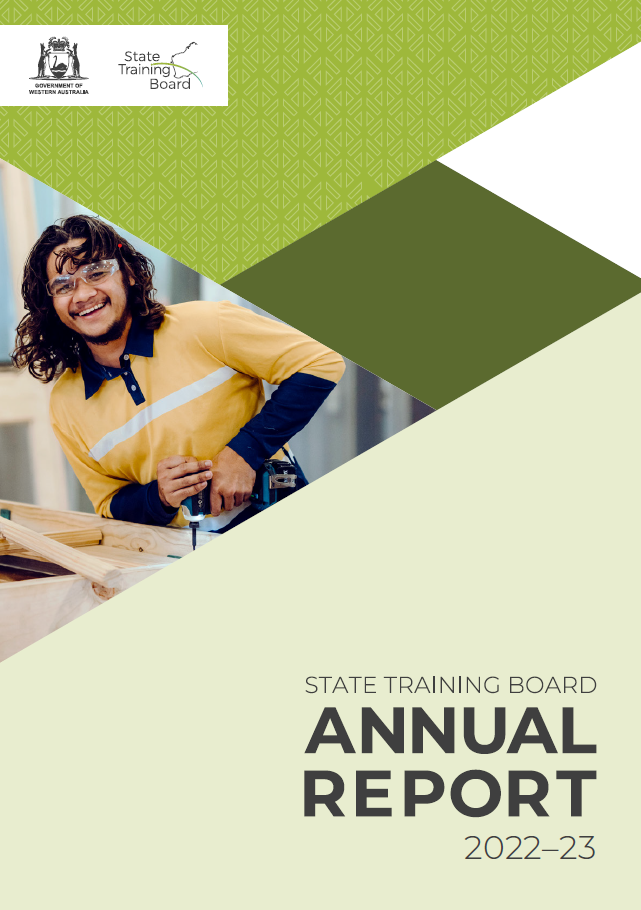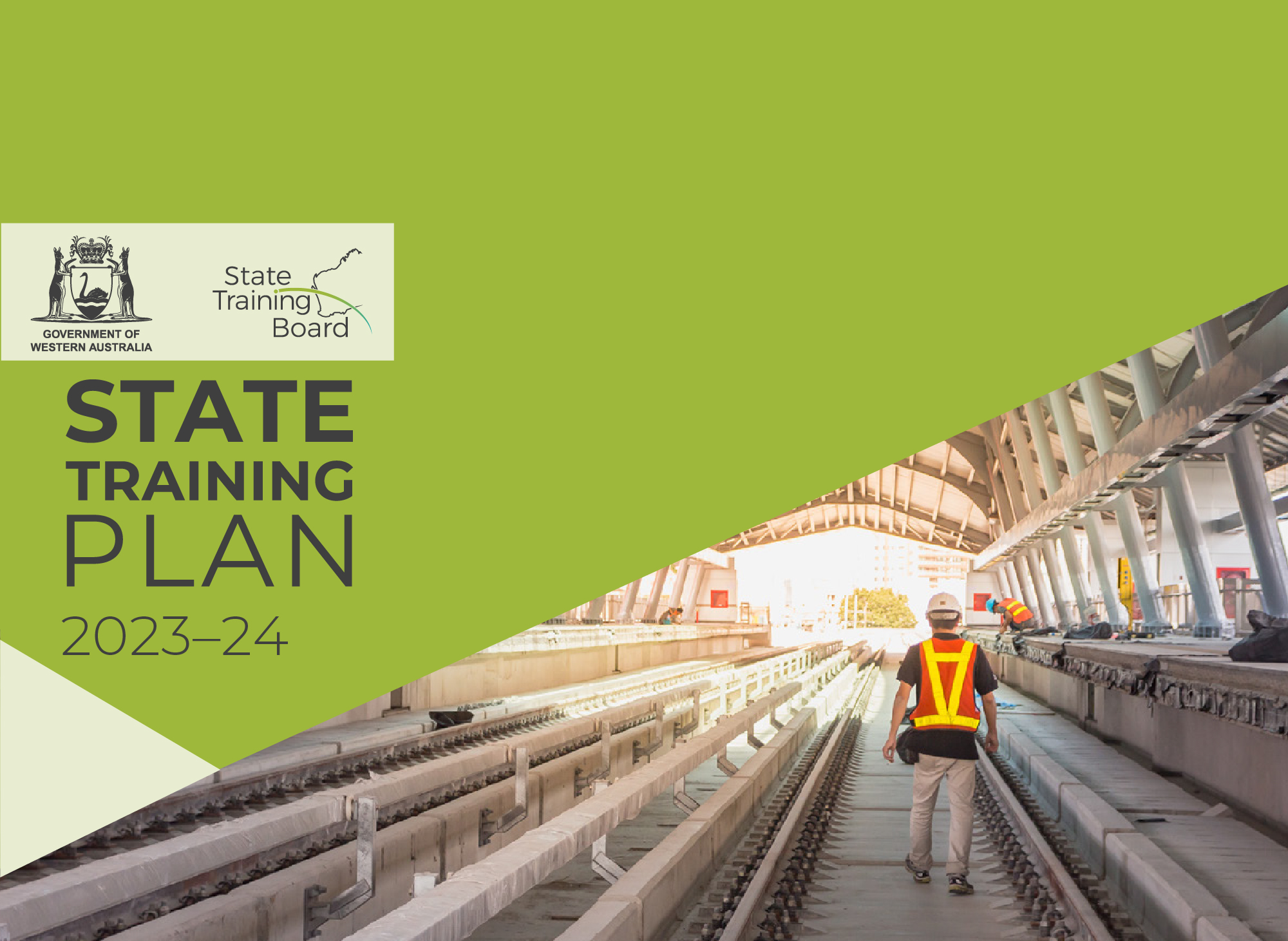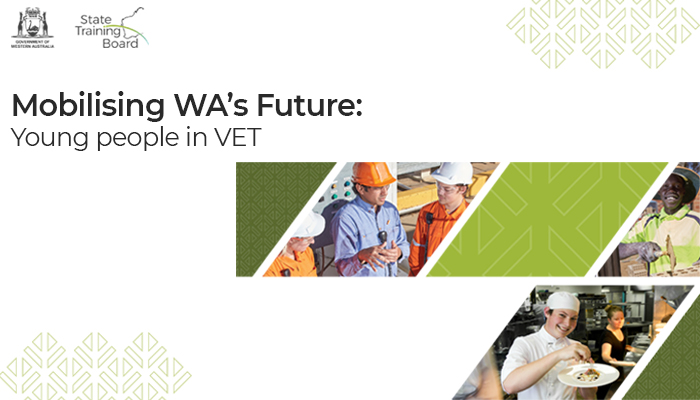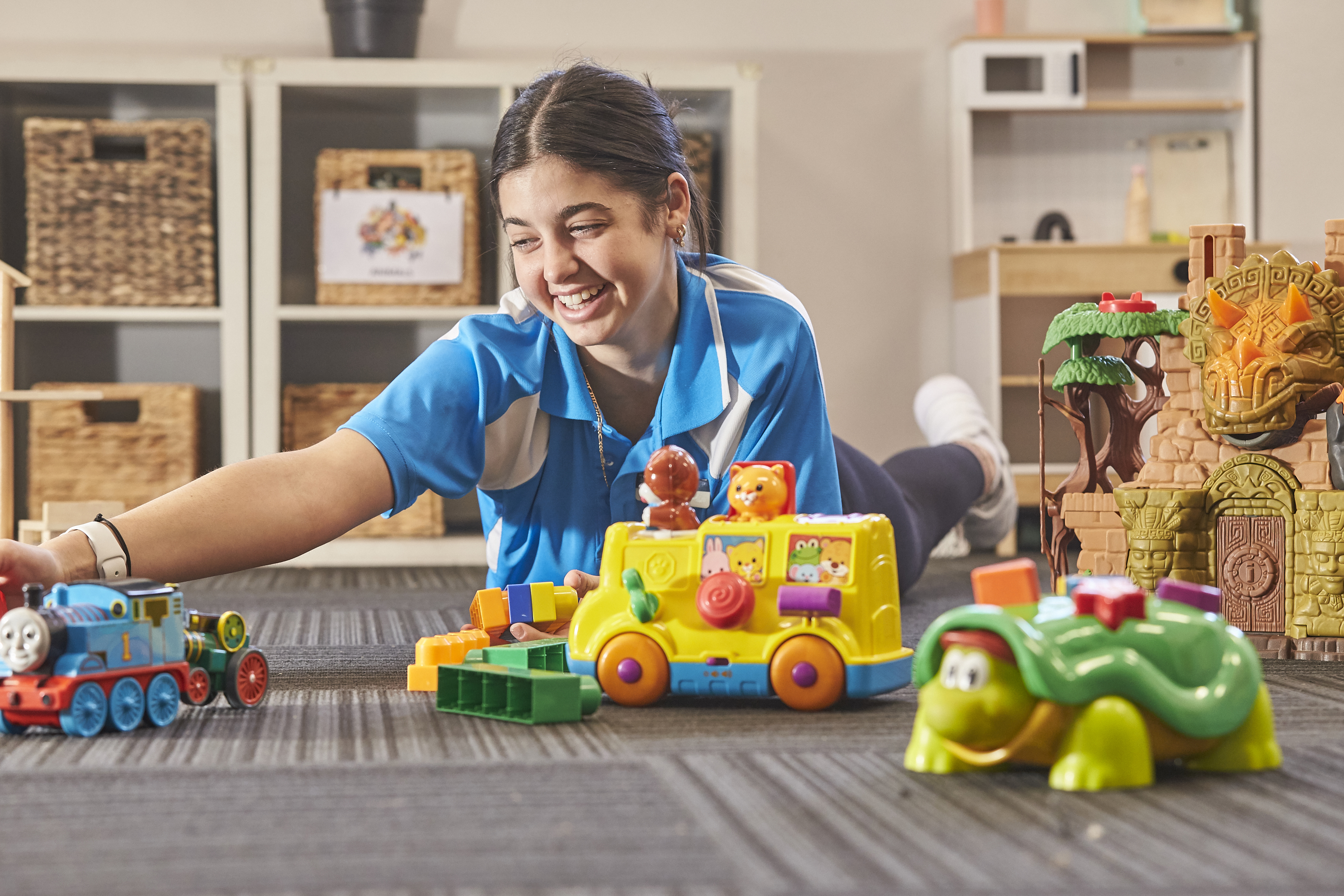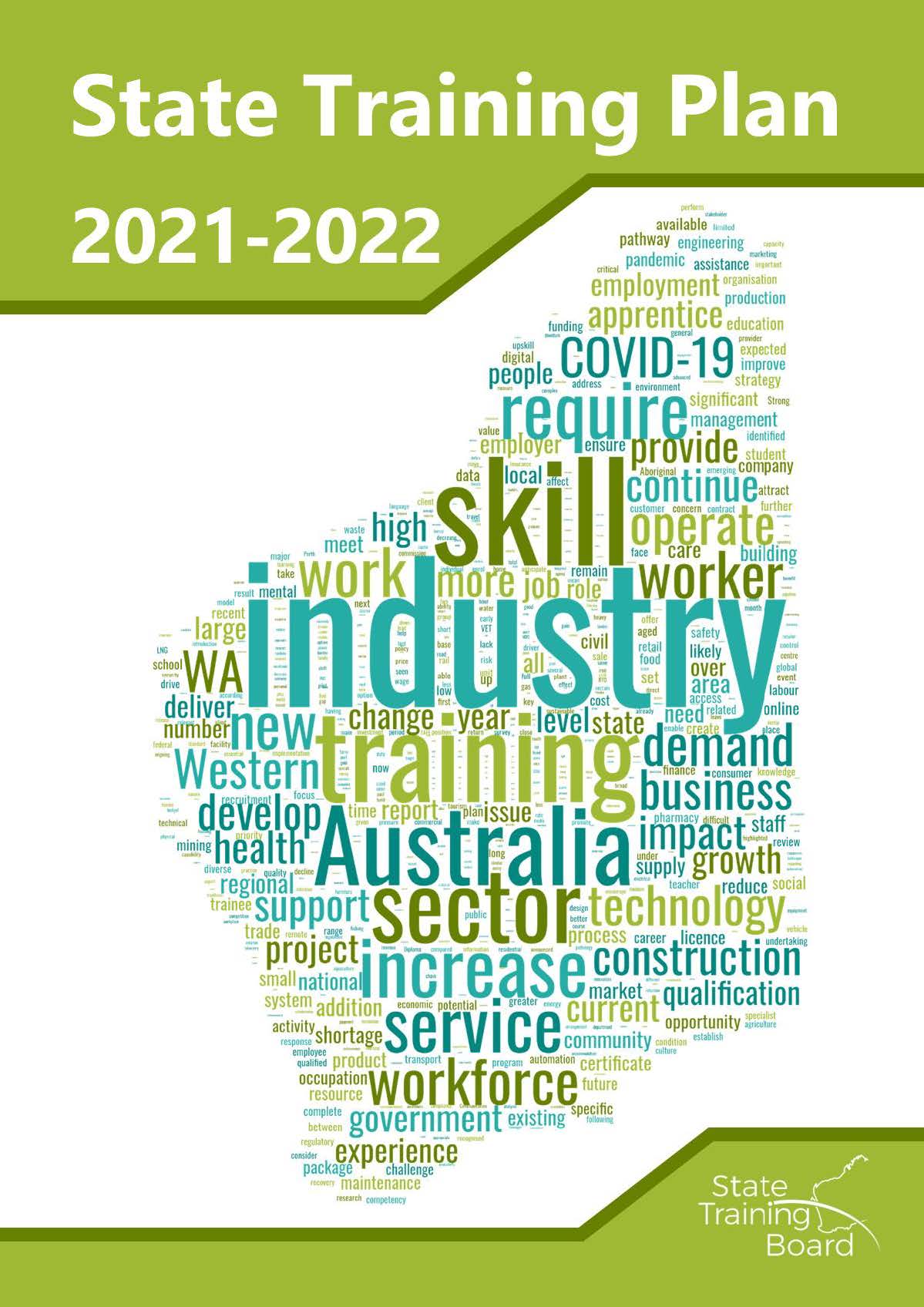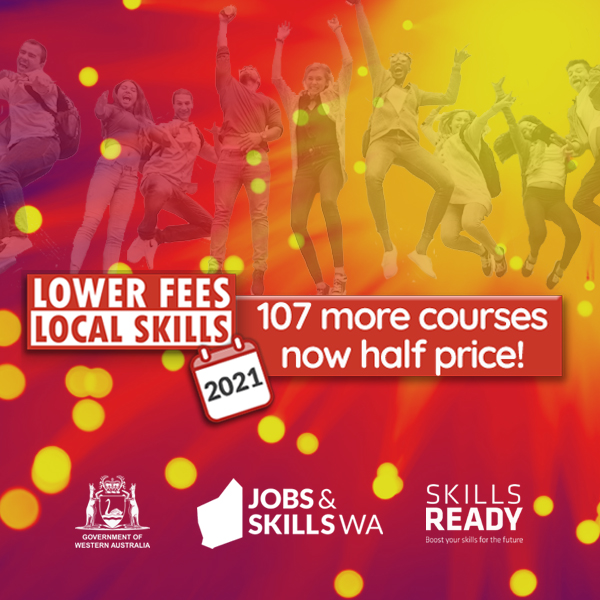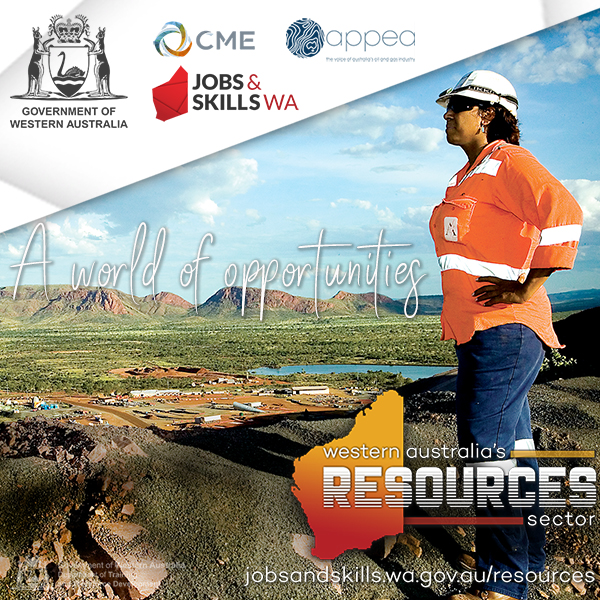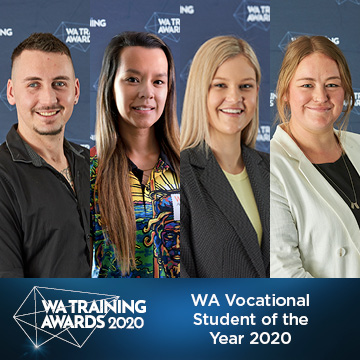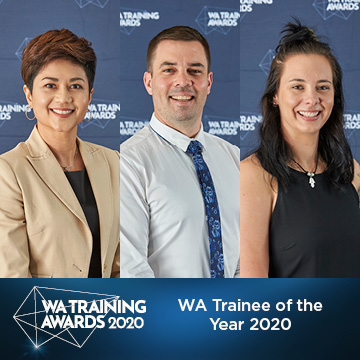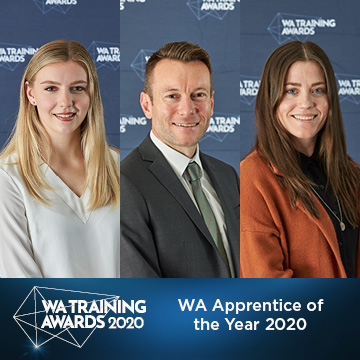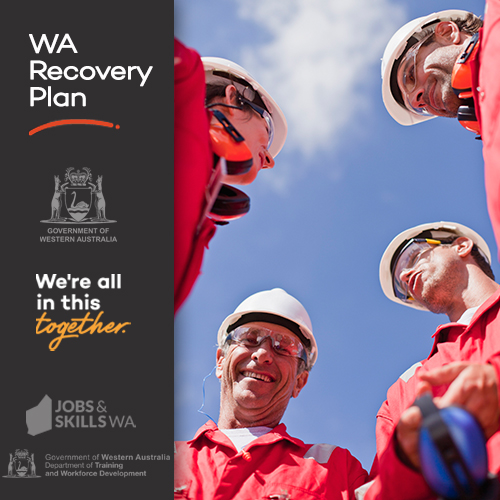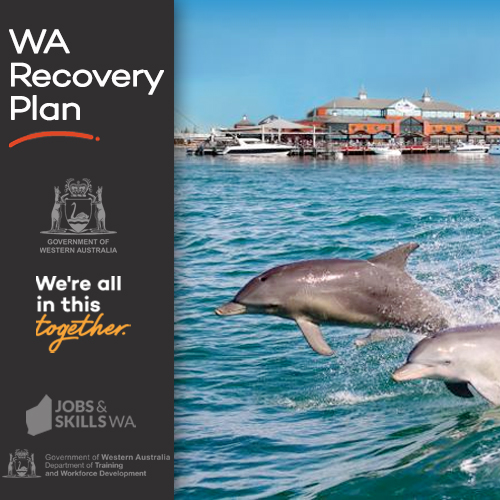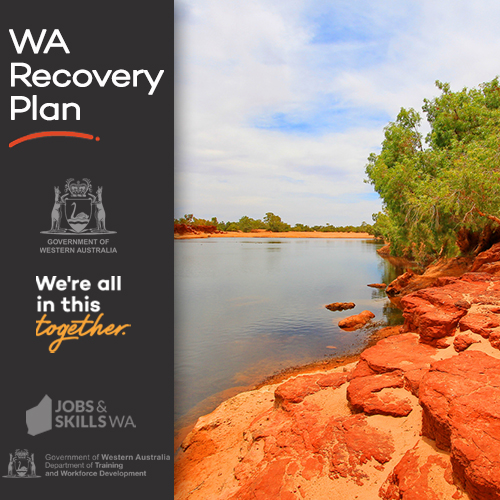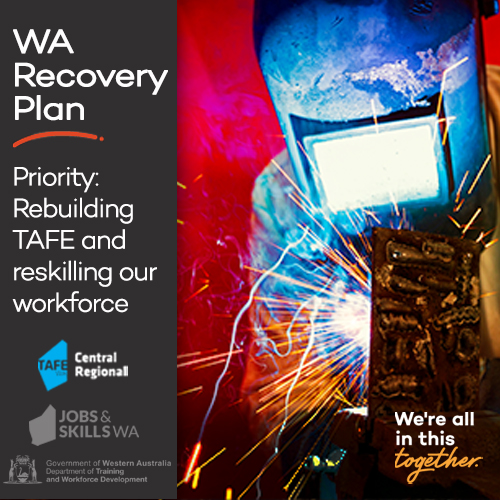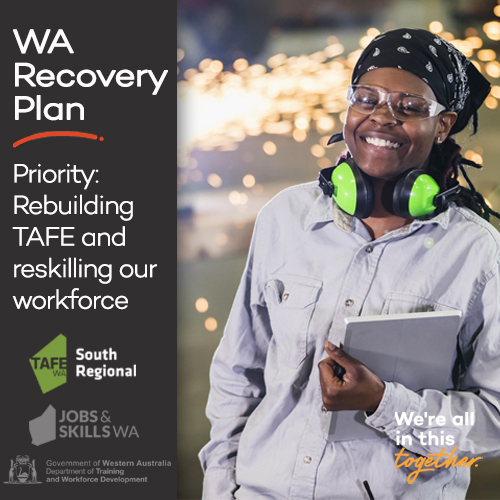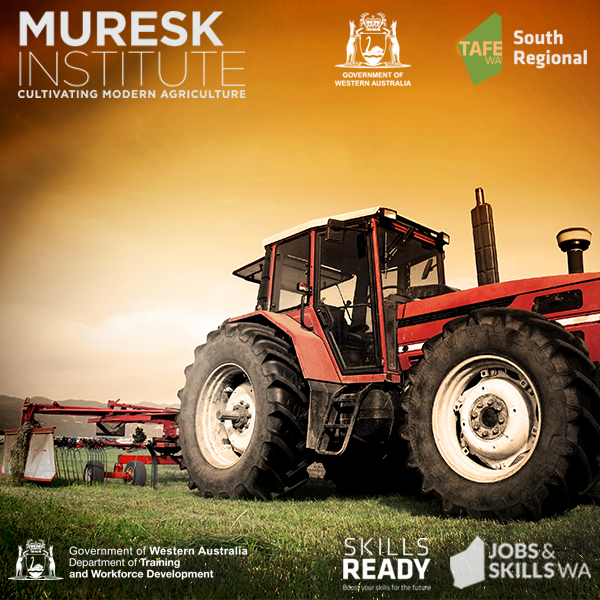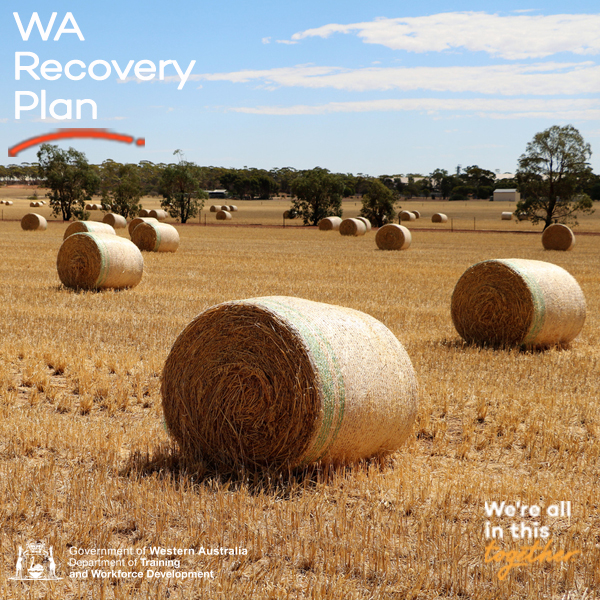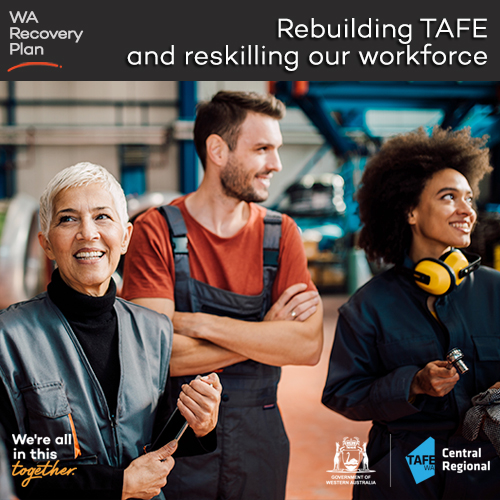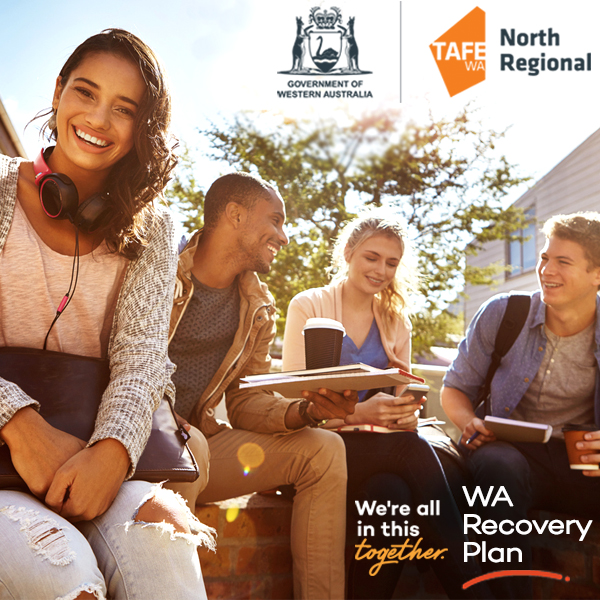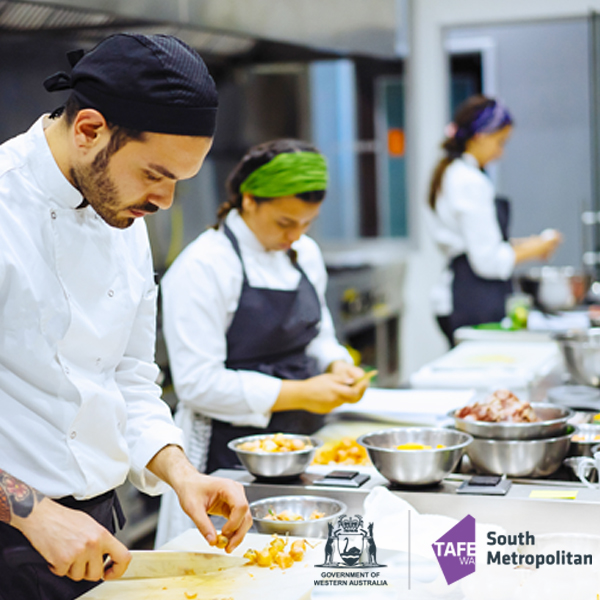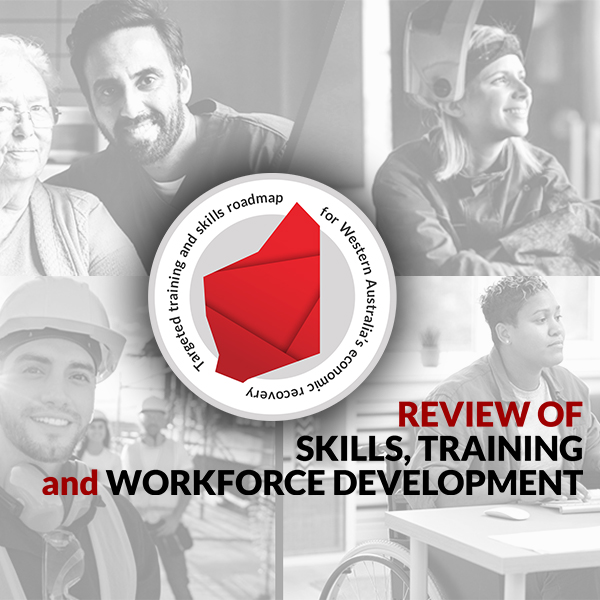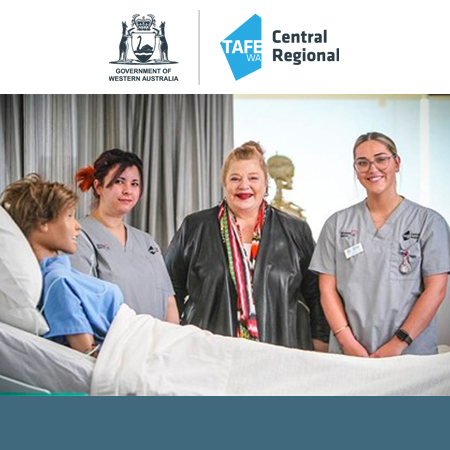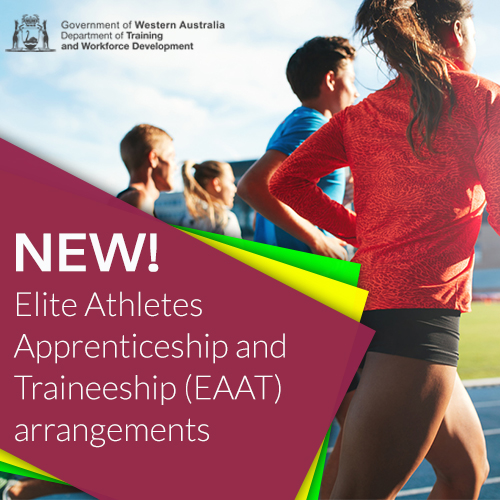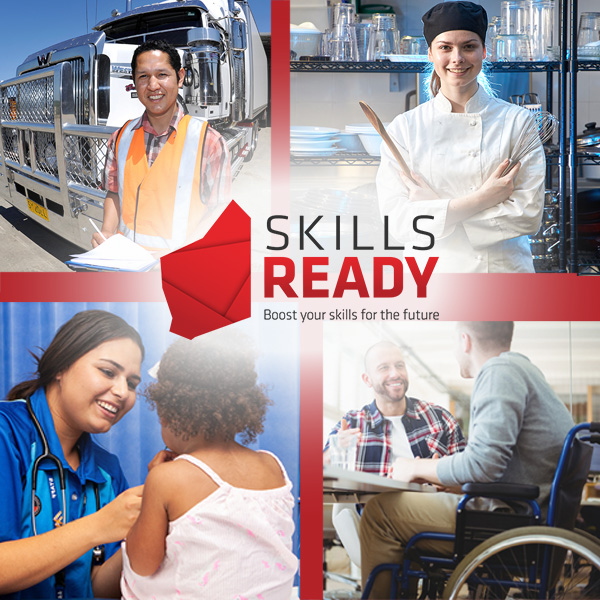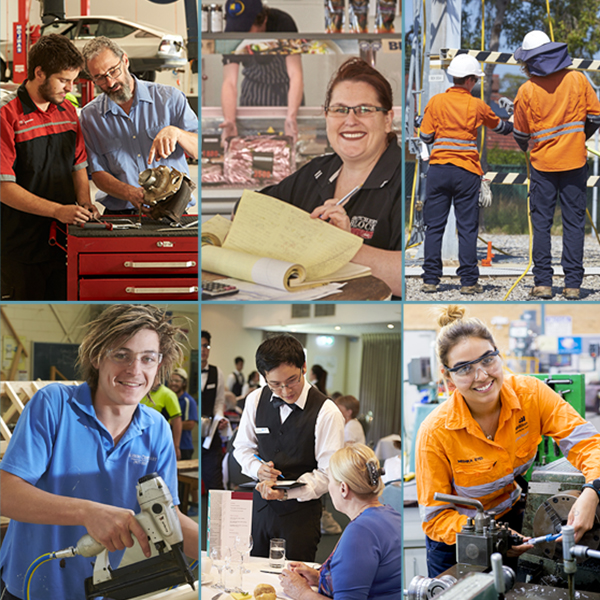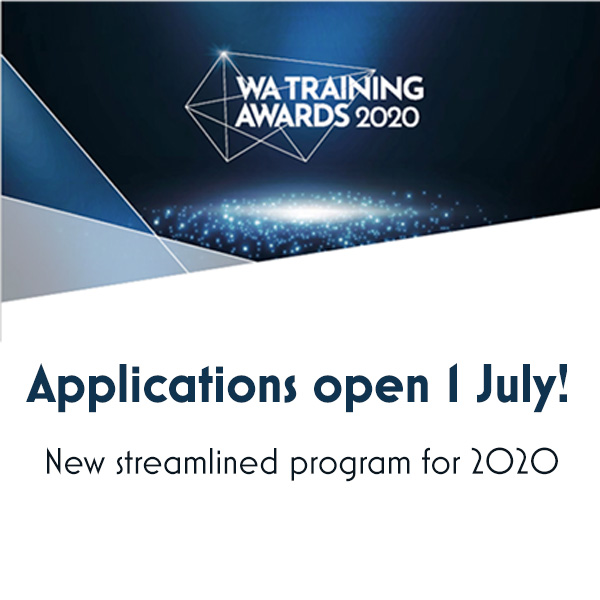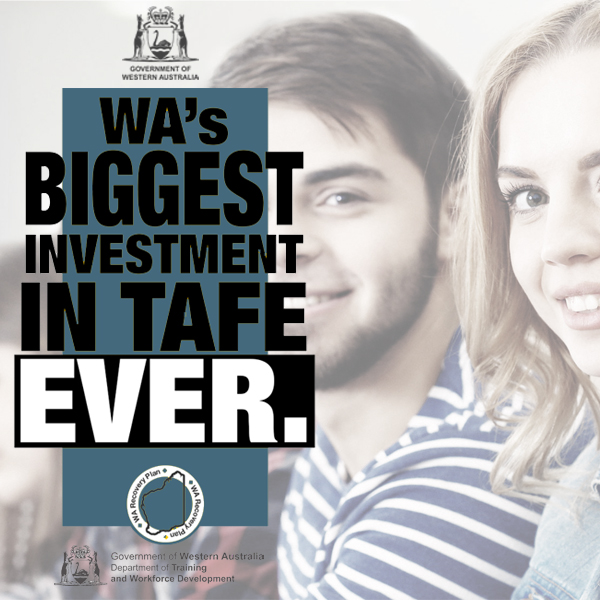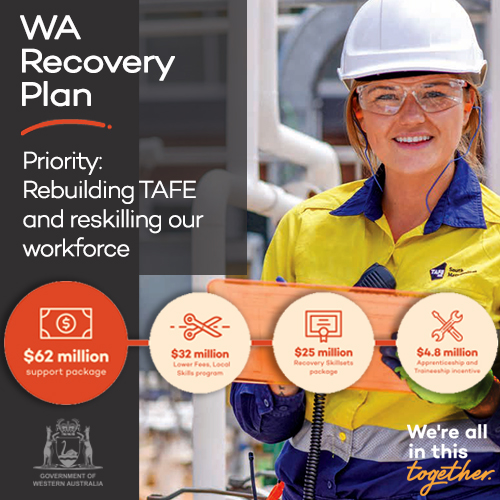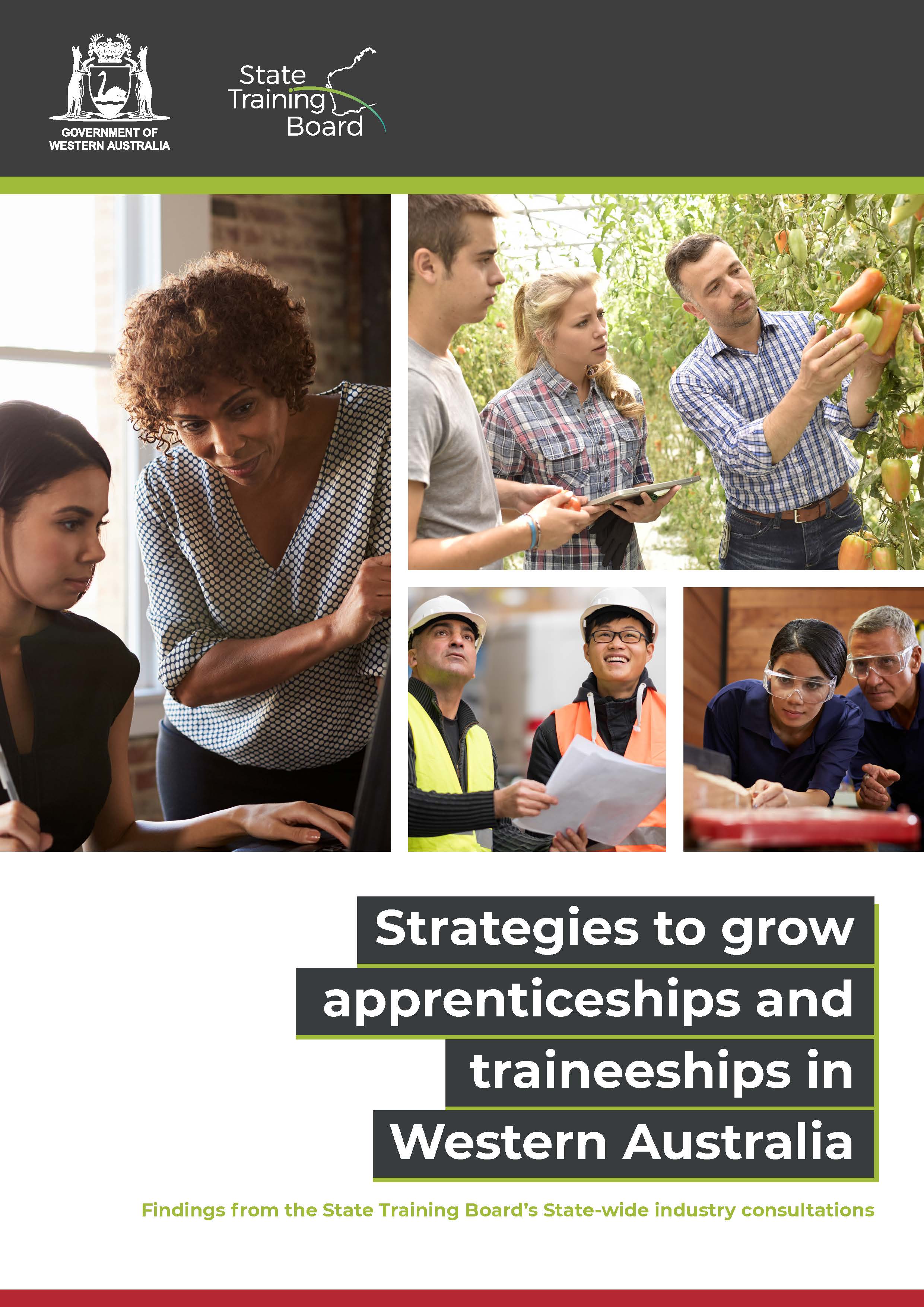$8 million investment in WA's ag sector for Muresk Institute
6th August, 2020
New specialist training centre for farm technologies
WA is Australia’s largest grain-growing region and, as the rate of technology adoption escalates, the demand for agricultural machinery apprentices is expected to grow significantly. The farm mechanisation sector is critical to good crop yields and profitability with about eight per cent of farming budgets spent on machinery repairs and maintenance, and a centralised specialist training centre was identified by industry as key to its success.
As part of the State Government's $167.4 million infrastructure investment in TAFE, Muresk Institute is set to become home to a new $7.5 million Specialist Centre for Agricultural Mechanisation to train farm machinery technicians in new and emerging technologies. Muresk, a 898 hectare working farm in Northam, has a rich history of providing world-class agricultural education and training and as a hub for modern agriculture is uniquely placed to meet industry needs. The creation of the new centre follows extensive industry consultation and is part of a $167.4 million capital works component of our Rebuilding our TAFEs plan.
The new centre, coupled with industry partnerships and affordable and free training options for the agricultural sector, will help ensure a pipeline of skilled workers. The project will include construction of two large machinery training workshops, covered hardstand area, classrooms and new training equipment.
In addition, $500,000 has been allocated towards a specialist shearing shed to provide interactive training in wool handling and shearing for students at Muresk.
This capital works project is part of the State Government’s $229.2 million Rebuilding our TAFEs plan, which will deliver state-of-the-art learning opportunities for students and boost the WA economy by generating jobs. More than half of the total spend has been allocated to regional projects.
The State Government has recently increased the number of half price* courses available, including qualifications in agriculture, as part of the Lower fees, local skills initiative. Initially launched in January, the initiative halved the cost of training for 34 high priority qualifications. In July, the program was expanded to include an additional 39 courses slashed by up to 72 per cent to align with the State's immediate economic needs following COVID-19. The courses with reduced fees are also targeted at job opportunities that relate to capital works initiatives such as the Rebuilding our TAFEs plan. In July this year the Skills Ready program was launched, with a number of free short course skill sets to get people job ready for work in priority industry areas as part of the WA Recovery Plan.
Also announced today is a new free* job ready skill set in harvesting; Broadacres Harvest Operations. The new skill set is aimed at anyone who wishes to join the agricultural industry and gain employment as a farm worker, during harvest, or as a starting point for a career in ag and will appeal to school leavers, career changers, or those already in the industry who wish to update or upskill. It also offers a study pathway to ful Lower fees, local skills qualifications such as the Certificate III in Agriculture, as well as other VET programs.
Find out more about free and half price training on the Jobs and Skills WA website
*Half price applies to course fees only; other fees may apply. Please see website for details.
**Please visit the website for details of eligibility requirements for free training.
Read less Read less Read less Read less




